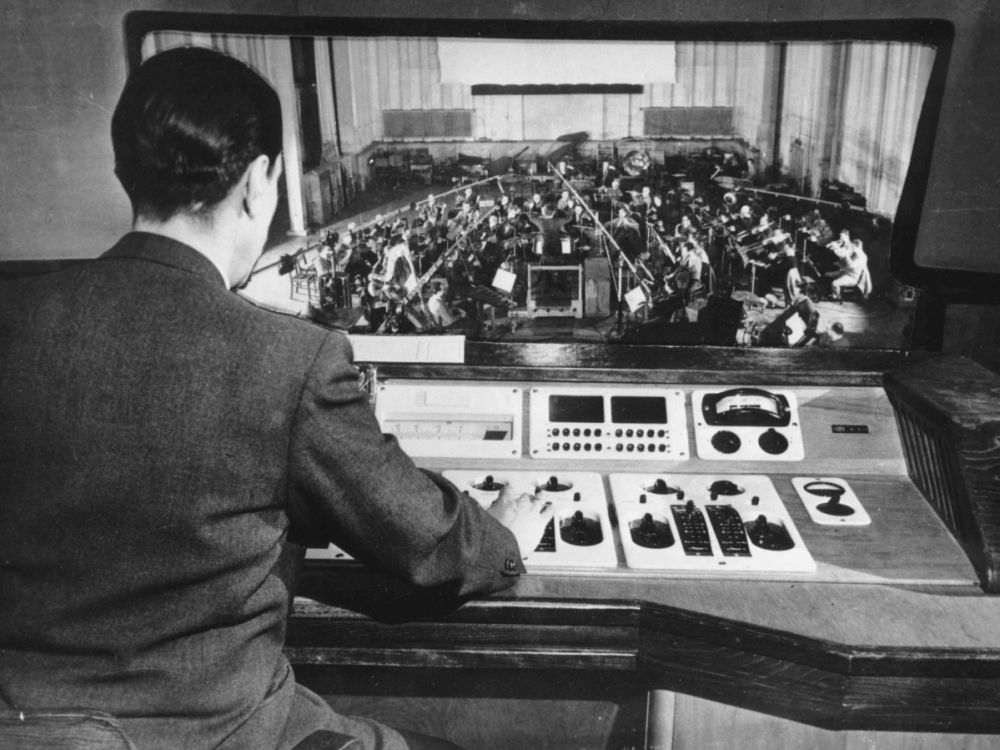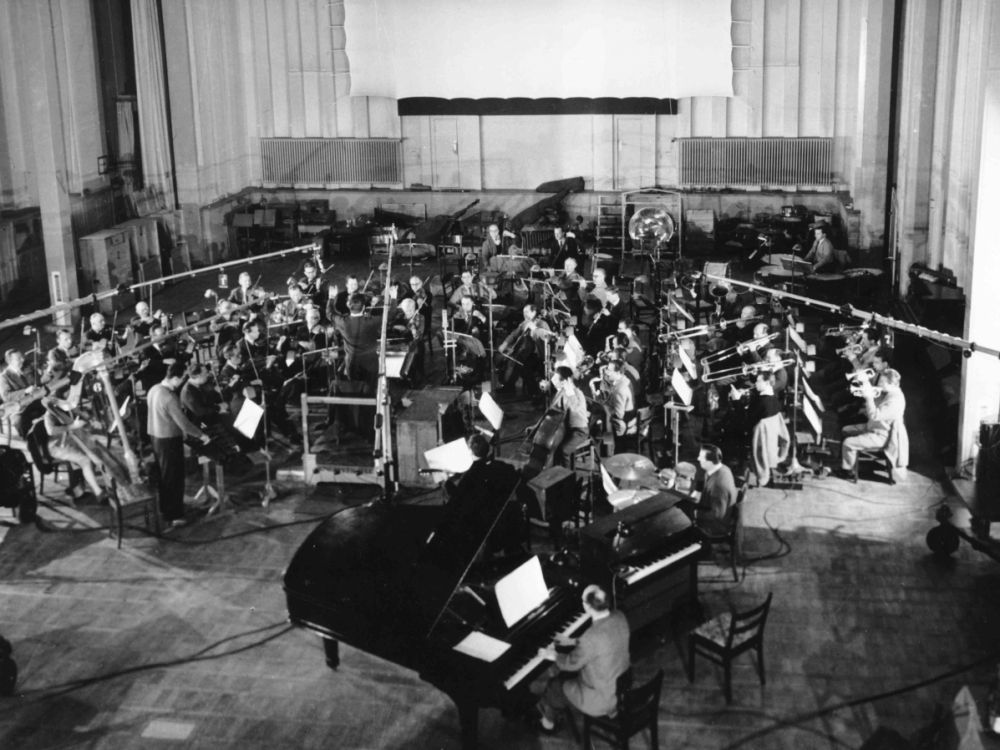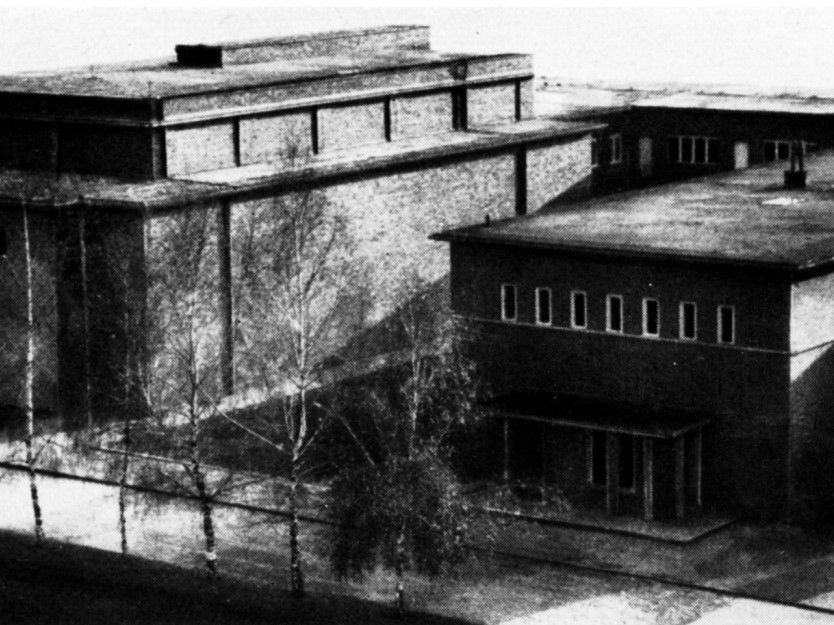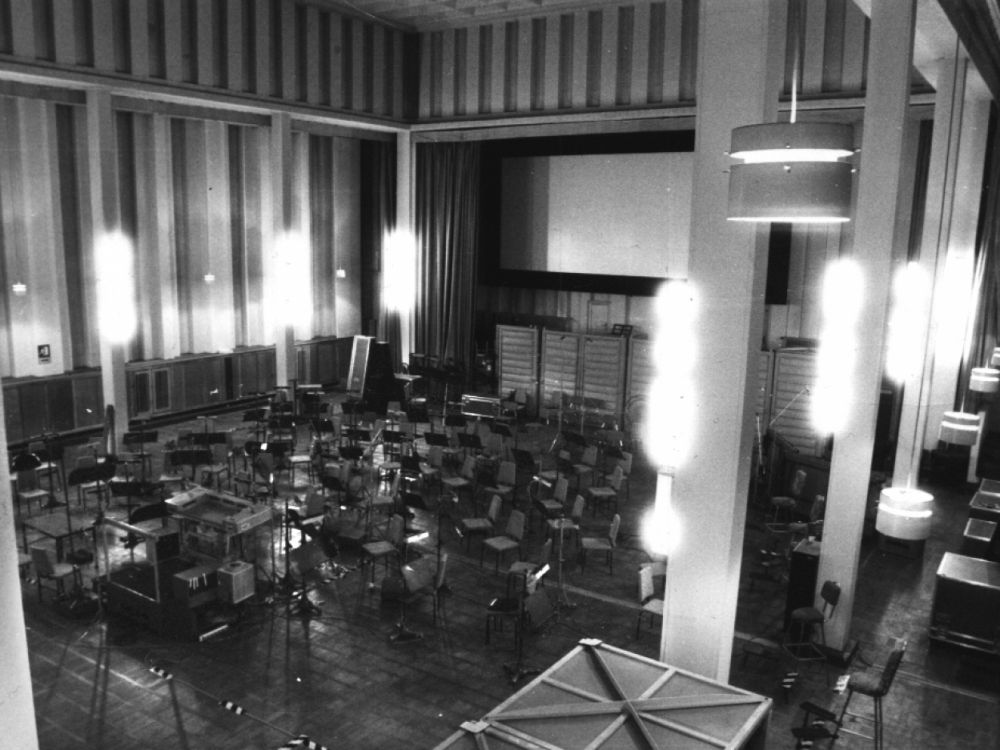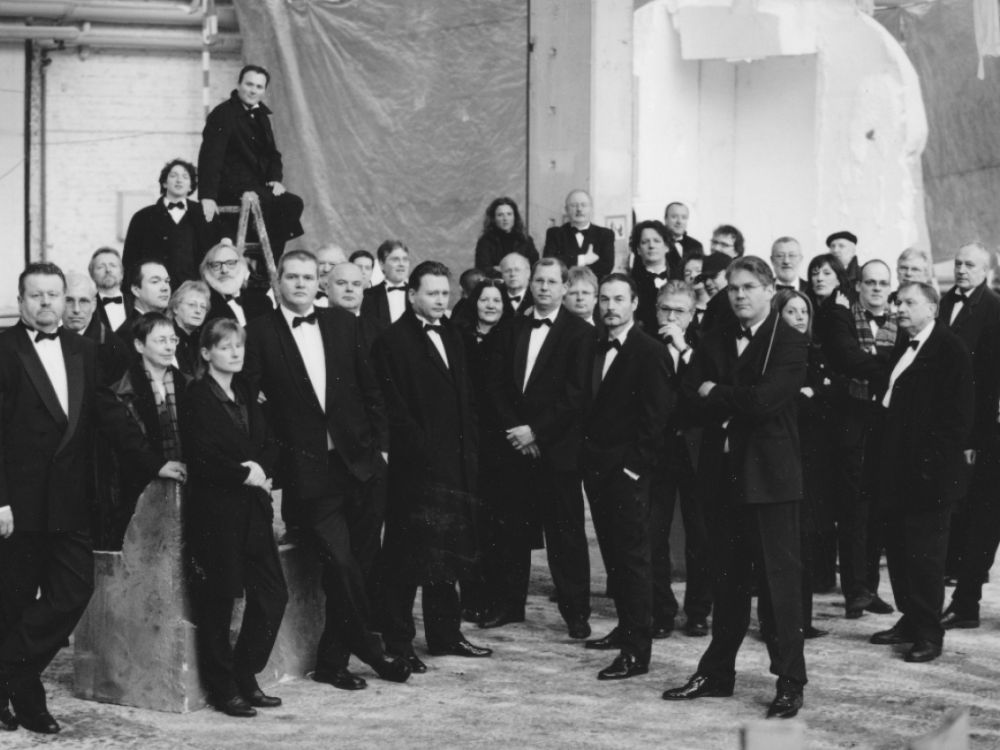Our History
UFA
The roots of the German Film Orchestra Babelsberg reach back to 1918 when the Universum Film AG (UFA) founded the UFA symphony orchestra in Babelsberg as the first film orchestra in Germany. Significant projects during the beginnings of the UFA symphony orchestra were legendary silent films like Fritz Lang’s “Metropolis” (1926), Carl Mayer’s “The Cabinet of Dr. Caligari” (1920) and Walter Ruttmann’s “Berlin: Symphony of a Metropolis” (1927). With the introduction of sound film and the necessity to adapt, the UFA symphony orchestra was restructured in 1932. After that, it worked on milestones of film history such as Joseph von Sternberg’s “The Blue Angel” (1930), Wilhelm Thiele’s »The Three from the Filling Station” (1930) or “Die Feuerzangenbowle” (1944) by Helmut Weiss. When the genre of musical films and “Revuefilm” (spectacle films) gained popularity in the 30s together with stars like Marlene Dietrich, Lilian Harvey, Zarah Leander, Marika Rökk, Hans Albers, Johannes Heesters and Heinz Rühmann, the orchestra played and produced numerous hits of the time, for example, “Ich weiß, es wird einmal ein Wunder gescheh’n” and “Kann denn Liebe Sünde sein”. Famous composers in this period besides Michael Jary were Franz Grothe (“Sing mit mir”), Friedrich Hollaender (“Ich bin die fesche Lola”) and Werner R. Heymann (“Ein Freund, ein guter Freund”).
DEFA
The orchestra survived the time of the second world war mostly undamaged and was able to continue its work in 1946 with the foundation of the Deutsche Film AG (DEFA). The orchestra was then operating on their original plot in Babelsberg as the dedicated orchestra for the DEFA music department. The now DEFA symphony orchestra worked on classic films such as Wolfgang Staudte’s “The Murderers Are Among Us” (1946) and Erich Engel’s “Blum Affair” (1948). Between the founding of a dedicated DEFA studio for feature films in 1952/1953 and the sale of the studios in 1989, the music for almost all studio productions was done in the DEFA orchestra. This includes Heiner Carow’s “The Legend of Paul and Paula” (1973), Peter Schamoni’s »Spring Symphony« (1983) as well as the entire TV series “Polizeiruf 110”. One of the most important film composers of the DEFA was Karl-Ernst Sasse, who was also directing the orchestra between 1958 and 1964. Afterwards, he composed over 500 pieces of film and TV music, including numerous Native American and fairytale films of the DEFA. In the following decades, the spectrum of the orchestra was continuously expanded through the collaboration with great film music composers like Peter Gotthardt, Günther Fischer, Manfred Rosenberg, and Bernd Wefelmeyer.
DFOB
After the liquidation of the DEFA studios, the orchestra and its musicians were temporarily a part of the Brandenburg philharmonic orchestra in Potsdam. However, in 1993 they took the initiative and founded the German Film Orchestra Babelsberg (“Deutsches Filmorchester Babelsberg” or DFOB) that is known today and they continue to carry on the traditions of their predecessors. Since this new founding, the DFOB has two very successful branches of work: on the one hand the production of film and TV music, as well as music media, and on the other hand extensive concert work with live film concerts, film music programs, and other genres from classic to crossover projects. Between 1993 and 2007 the DFOB was located on the former public broadcasting plot at Nalepastraße, Berlin. Here the studio worked on around 400 soundtracks for national and international film and TV productions, as well as 80 CD productions. In December 2007 the DFOB returned back to its roots in Babelsberg and started using the premises of the Babelsberg film studios for practicing, recording and studios. To achieve this, the former Studio A, which was originally built for the UFA film orchestra in the 30s, was restored and equipped to match today’s standards both technically and acoustically. As a result, the orchestra and its Scoring Stage are now part of the media campus Potsdam-Babelsberg (“Medienstadt Babelsberg”), just like the Babelsberg studios, the film park Babelsberg, Berlin-Brandenburg Broadcasting (RBB) and the film university Babelsberg KONRAD WOLF.
The German Film Orchestra Babelsberg
Violins
Erste Violinen
Torsten Scholz
Concertmaster
Dagmar Quies
Susanne Stoof-Scholz
Detlef Penkert
Christiane Lewek
Tina Schauer
Anya Tukh
Iljana Schindler
Judith Wolf
Zweite Violinen
Christian Dufner
Stimmführer
Thilo Röding
Burkhard Wozny
Chinatsu Nakajima-Eckoldt
Wolfgang Rönfeldt
Alex Paul
Low strings
Violas
Mirjam Beyer
Principal viola
Peter Bock
Till Birkner
Katharina Wolf
Stefano Macor
Cellos
Werner Klemm
Principal cello
Sebastian Selke
Gunther Haupt
Chiharu Bley
Double Basses
Gerd Jirka
Principal double bass
Laura Bosch Badia
Woodwinds
Flutes
Laura Schreyer
Principal flute
Heiko Tschauner
Oboes
Haruna Travkin-Kinugasa
Principal oboe
Kirstin Hildebrand
Clarinets
Christian Balcke
Principal clarinet
Winfried Rager
Bassoons
Neil Howard Murphy
Principal bassoon
Maria Marguerre
Brass
Hörner
Susanne Kugler
Principal horn
Annegret Holjewilken
Principal horn
Katharina Jahn
Aki Yamauchi
Trumpets
Dennis Teichmann
Principal trumpet
Marcus Sommer
Posaunen
Lars Juling
Tilmann Hennig
Tuba
Takuya Kishimoto
Percussion & Harp
Timpani
Andreas Schmeißer
Principal timpani
Percussion
Martin Krause
Principal drums
Harp
Cornelia Büttner
Principal harp
Orchestra Attendants
Vorstand
Annegret Holjewilken
Burkhard Wozny
Marcus Sommer
Orchesterwarte
Dirk Lehmann
Lars Nilson
The Crew
-
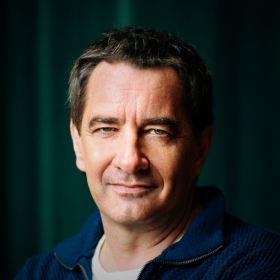 Klaus-Peter Beyer
Director
Klaus-Peter Beyer
Director
-
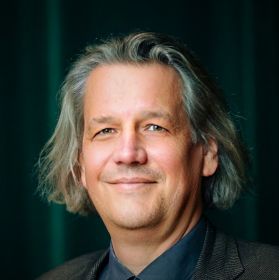 Hartmut Zell
Orchestra Manager
Hartmut Zell
Orchestra Manager
-
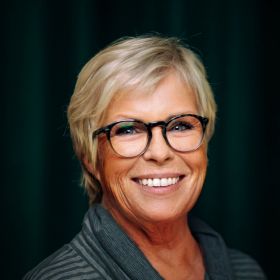 Astrid Reusch
Reception
Astrid Reusch
Reception
-
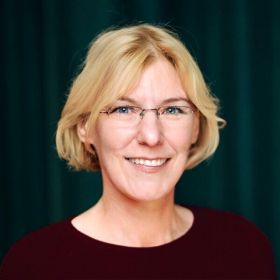 Manuela Göx
Bookkeeping
Manuela Göx
Bookkeeping
-
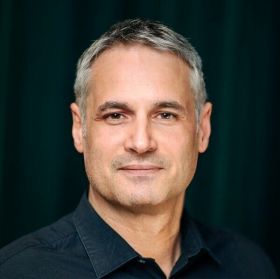 Falko Duczmal
Head of Studio
Falko Duczmal
Head of Studio
-
 Felix Trawoeger
Pro Tools Operator
Felix Trawoeger
Pro Tools Operator
-
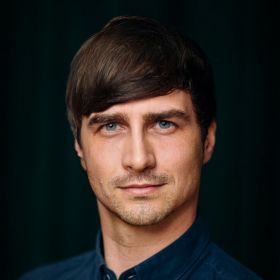 Alexander Wohlfeil
Pro Tools Operator
Alexander Wohlfeil
Pro Tools Operator
